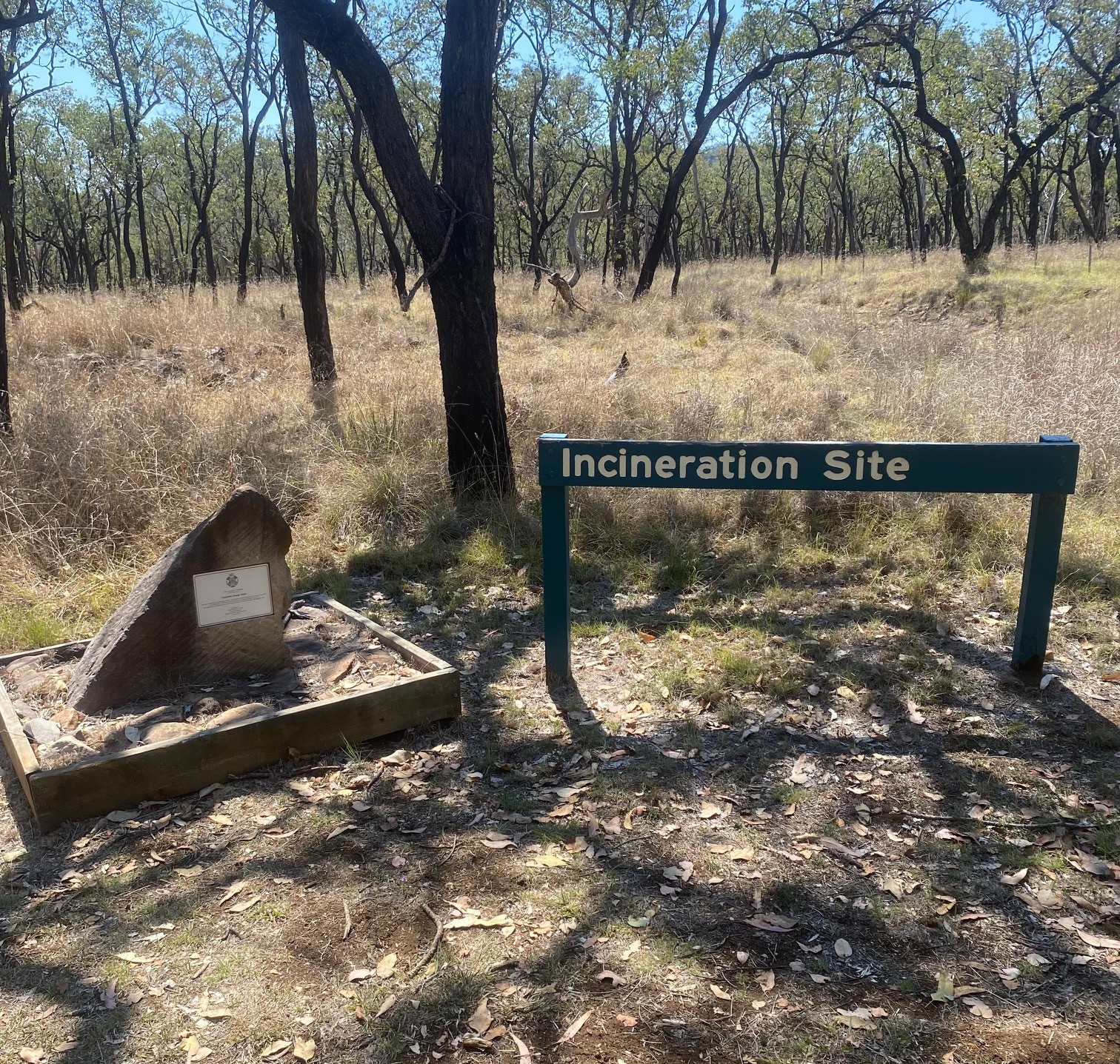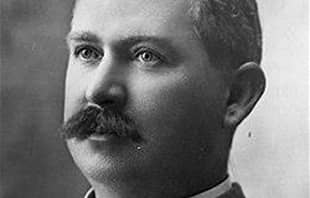
In our previous blog we explored the public outcry that arose from the trial of Patrick and James. The convening of a ‘special jury’ rather than a jury of their peers for the trial, the relocation of the trial to Brisbane as opposed to Roma, the fact that the Appeal was heard by Justice Sir Samuel Griffith, who also convened the special jury and the Catholic Protestant divide gripping Queensland at the time were all factors dividing public opinion at the time.
At the turn of the 20th Century Queensland was experiencing a wave, of what might be termed progressive politics. The Queensland shearers strikes ten years earlier had spawned the formation of the Labor Party – the first in the world. A minority of the Labor Pary’s Members were strong advocates of what might be termed ‘ social justice’ issues. Seeking an equal and fair society they campaigned hard on issues such as the eight-hour workday, voting rights for women and in a few cases the abolition of the death penalty. One such advocate was Labor Member of Parliament Joe Lesina, an almost lone voice in the parliament against the death penalty. It was Lesina, who led much of the public campaigning to have the Kenniff’s death sentences commuted. Initially rebuked, the events of the Kenniff’s trial gave credence to many of Lesina’s arguments and he gained increasing levels of support within the rank and file, particularly Labor’s Catholic working class base. So much so that some four years later Lesina was able to secure, as Labor policy, the abolition of death penalty.

You may remember that a member of the Kenniff’s defence team was a young lawyer T.J. Ryan. Ryan became active in politics and in 1915 led
the Labor Party to victory in the state elections.
The first Labor Party elected to government anywhere in the world. Ryan was committed to reform and gained a national profile campaigning
against conscription during World War 1. It is not surprising that in 1916 Ryan’s Labor government introduced into the Legislative Assembly
a bill to abolish capital punishment. The bill was defeated, with a number of Labor members voting against, however the reformers did not
relent, and the abolition of the death penalty became a leading plank of the Party’s Social Reform Program.
One barrier remained to the passage of the legislation. That was Queensland’s upper house or Legislative Council. Like the Senate, the Legislative Council had the power to vote down any bill passed by the lower house. The Legislative Council’s members were unelected, appointed for life by the Governor based on the advice of the government of the day. Many members had been appointed by conservative governments. Such a process had infuriated the reformers, who railed against the conservative, unelected nature of the Legislative Council. Especially galling to them was the fact that the Legislative Council would vote down a number of reform measures, including the bill abolishing the Death penalty.
However the Ryan, and subsequent Theodore Labor governments, began filling vacancies in the Council with members know as the suicide squad. That is members, who were specially appointed to vote the chamber out of existence. This they did in 1921, which left Queensland with a unicameral parliament—currently the only Australian state with this arrangement.
With no further barriers to the passage of the bill, and despite a narrow parliamentary majority on 20 July, the bill passed the Second Reading debate by a vote of 33 to 30, and the Governor's assent was received on 1 August. Thus Queensland became the first state or territory in the British Commonwealth to abolish the death penalty.
Thus, the murders of Constable George Doyle and Albert Dahlke, some 20 years earlier, directly resulted in the abolition of both Queensland’s upper house and the death penalty. For this reason it can justifiably be claimed that this Murder Changed Queensland forever.
Barber. R.N. 1958.The Labor Party and the Abolition of Capital Punishment in Queensland 1899-1922. Queensland Heritage.
Howe, A. 2023. Politics swings for the crime: how the states came to the end of the rope. The Weekend Australian.
Wikipedia contributors. (2025, November 1). Legislative Assembly of Queensland. In *Wikipedia*. https://en.wikipedia.org/wiki/Legislative_Assembly_of_Queensland
Enter your content here